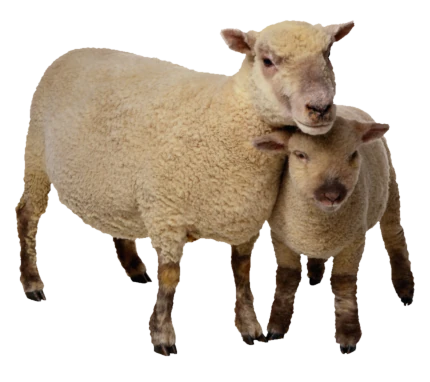France is experiencing what’s thought to be its worst bird flu outbreak of all time.
While foie gras is a quintessential delicacy to indulge on a Christmas eve in France, more and more people who love their luxury staple will have to seek alternatives in light of the ongoing bird flu outbreak.
Typically made of duck or goose livers, foie gras is being reimagined into vegan and animal-friendly versions and at the forefront is a French chef named Fabien Borgel.
France faces a potential foie gras shortage as a result of new avian flu strain ravaging the bird population. The H5N1 strain has been so widespread that more than 300,000 poultry have been slaughtered on farms since 1 August.
France is currently the largest foie gras producer. However, according to reports, its output is expected to fall between 30- 35 % from last year.
Moreover, producer group CIFOG also claims that prices for the delicacy could rise roughly 20% due to the drop in supply and increase in overhead costs.
Why is foie gras banned in some countries?
Foie gras has long been controversial, due to its ghastly – and very well-publicized – production method. Ducks or geese are force-fed using a process called “gavage”- in which workers pump pounds of grain and fat into the stomachs of the birds through a tube shoved down their throat twice a day. This enlarges their liver, giving foie gras its famous appearance and taste.
Several countries have banned the production over welfare concerns. These include Czech Republic, Finland, Italy, Poland, Germany and Turkey.
The UK has also banned its production although it imports around 200 tonnes of foie gras annually.
‘Faux gras’
A number of companies have even stepped up to the challenge of creating faux or cultivated foie gras.
For instance Gourmey is currently working on a lab-grown version, raising millions in funding to develop it.
However, France seems slow in accepting a change to its culinary heritage. According to a poll released by French foie gras producers, 77% of domestic consumers were unwilling to switch from the original to one made from plant-based products.
Despite public sentiment, Borgel, who manages a vegan restaurant in Paris called ’42 Degres’ has created what he calls a ‘faux gras’ as a substitute to foie gras.
Unlike the traditional one, which is made from fattened duck and goose livers, Borgel’s dish contains cashew nuts, sunflower and coconut oil. It is said to look like the beloved hors d’oeuvre but has a creamier texture.
According to the French chef, there is potential in vegan alternatives that not only circumvent cruel animal feeding practices, but also appeal to those who enjoy a refreshing spin on an old classic.
“You have people that have never tasted foie gras and will never taste it and they want something festive for the year-end parties. Others want to change the way they eat and are heading towards alternatives,” Borgel said.
“There is room for everyone.”
42 Degres is putting its “faux gras” on the menu from December through February.
“It could make some people want to try something else,” Borgel added.
“It could be an opportunity.”

